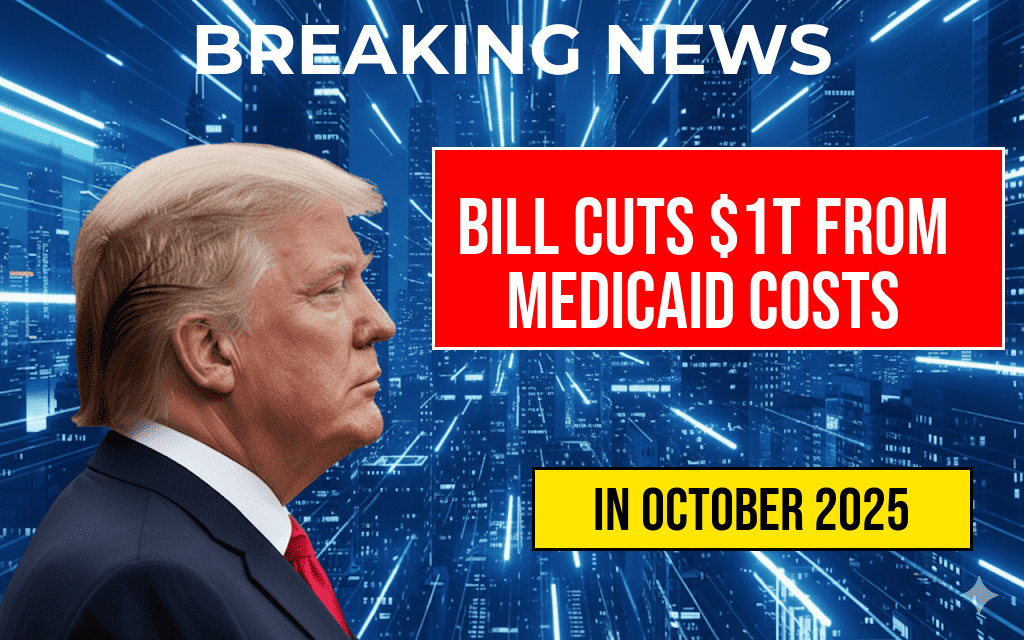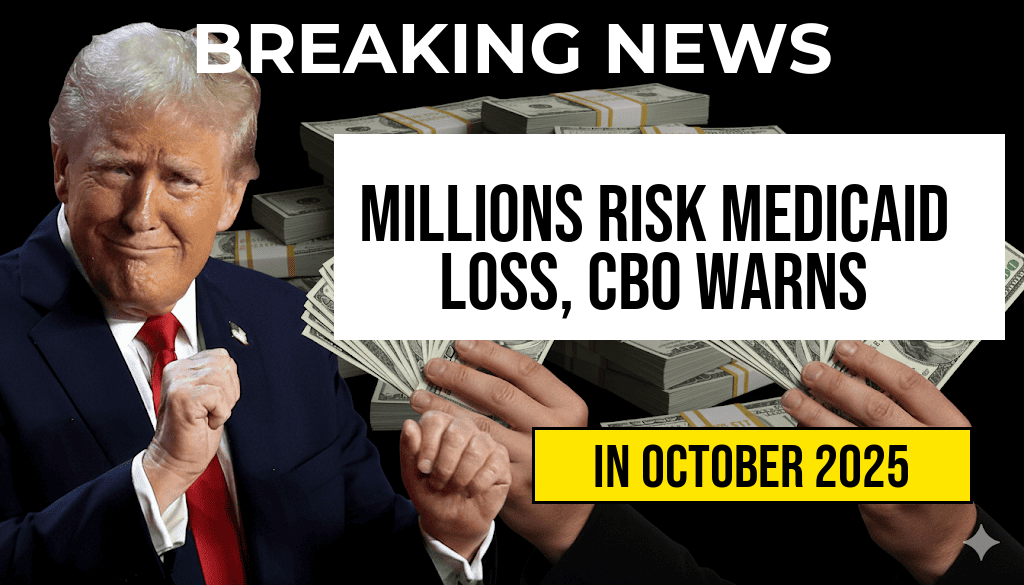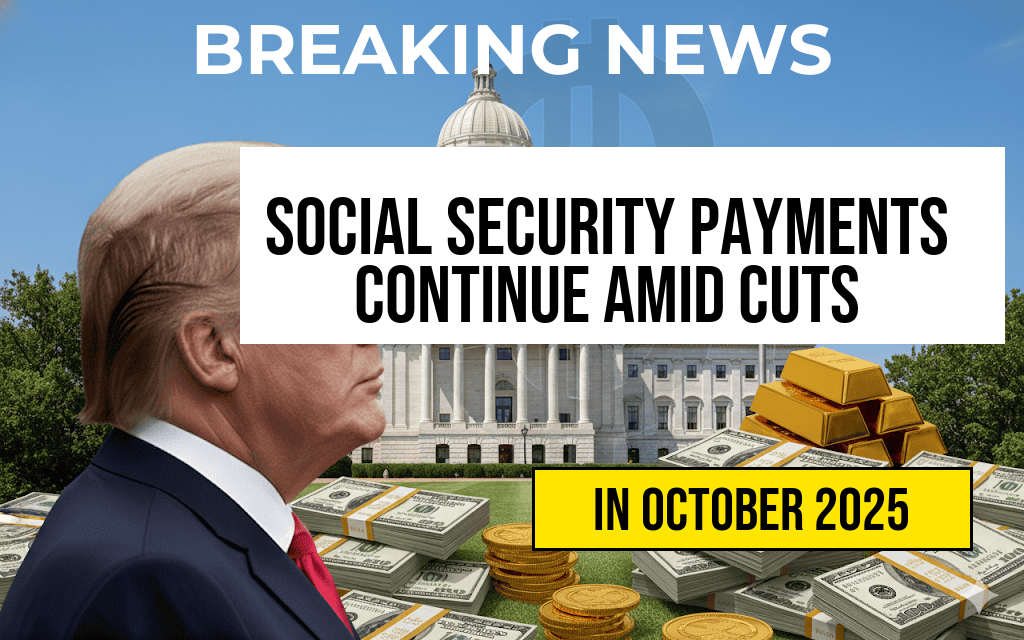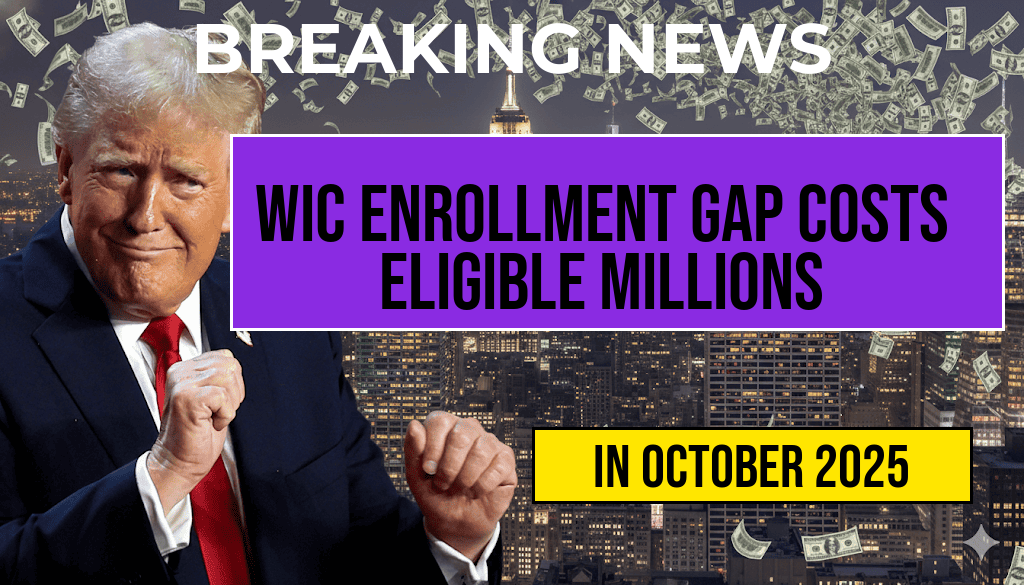A newly proposed bill aims to cut $1 trillion from Medicaid over the next decade, a move that has sparked intense debate among lawmakers, health care advocates, and the general public. As the rising cost of medications continues to place a heavy burden on consumers, a specific case has emerged to illustrate the broader implications of these cuts: a $300 prescription that many Americans struggle to afford. With Medicaid serving as a crucial safety net for millions, the potential repercussions of these budget reductions could significantly impact access to essential health care services, especially for low-income families and elderly individuals who rely on the program for their medical needs.
The Medicaid Landscape
Medicaid, a joint federal and state program, provides health coverage to low-income individuals and families, including children, pregnant women, and the elderly. According to the Centers for Medicare & Medicaid Services, nearly 83 million Americans are enrolled in Medicaid programs as of 2023. This vast network plays a pivotal role in ensuring that vulnerable populations receive necessary medical care, including access to vital medications.
The Impact of Proposed Cuts
The proposed cuts to Medicaid funding could lead to reduced services and increased out-of-pocket costs for enrollees. Health care experts warn that slashing funding may result in decreased access to necessary medications, particularly for those with chronic conditions requiring ongoing treatment. The $300 prescription serves as a stark example of how financial barriers can prevent individuals from obtaining essential drugs.
Case Study: The $300 Prescription
Consider a common scenario involving a medication that costs $300 per month. For many individuals on fixed incomes or those without adequate insurance, this price tag is unattainable. In a recent survey conducted by the Kaiser Family Foundation, 29% of Americans reported not filling a prescription due to cost concerns. This statistic underscores the pressing need for affordable medication options, especially as Medicaid funding faces potential reductions.
Potential Consequences for Patients
- Increased Out-of-Pocket Costs: With cuts to Medicaid, patients may face higher costs for medications that were previously covered or subsidized.
- Access to Essential Treatments: Many low-income individuals may be forced to forgo necessary medications, leading to worsening health outcomes.
- Strain on Hospitals: If patients cannot afford their medications, they may end up requiring more extensive medical care, putting additional strain on healthcare facilities.
Legislative Response
As lawmakers debate the implications of these cuts, some are advocating for alternatives that would preserve Medicaid funding while still addressing the need for budgetary reform. Proposals such as enhancing drug price negotiations and implementing caps on out-of-pocket expenses for patients are being discussed as potential solutions to the rising costs of prescription medications.
Public Reaction
The public response to the proposed Medicaid cuts has been overwhelmingly negative. Advocacy groups argue that these changes disproportionately affect marginalized communities, who already face significant barriers to healthcare access. A coalition of healthcare providers and patient advocacy organizations has launched a campaign to raise awareness about the potential consequences of the bill, urging lawmakers to reconsider their approach.
Looking Ahead
The future of Medicaid funding remains uncertain as the bill is reviewed and debated in Congress. If passed, the changes could reshape the landscape of healthcare for millions of Americans, particularly those reliant on public assistance programs. As the cost of medications continues to rise, the need for comprehensive healthcare reform becomes increasingly urgent.
| Category | Before Cuts | Projected After Cuts |
|---|---|---|
| Monthly Prescription Cost | $300 | $450 |
| Percentage of Patients Unable to Afford | 29% | 45% |
| Hospital Readmissions Due to Non-Adherence | 15% | 25% |
As discussions continue, the focus remains on finding solutions that ensure all Americans have access to the medications they need without facing financial hardship. The outcome of these legislative efforts will undoubtedly influence the health and well-being of millions of individuals who rely on Medicaid for their healthcare needs.
Frequently Asked Questions
What impact will the $1 trillion cut to Medicaid have on beneficiaries?
The $1 trillion cut to Medicaid is expected to significantly reduce access to healthcare for millions of low-income individuals and families, potentially leading to increased out-of-pocket costs for essential prescriptions and medical services.
How does the rising cost of a $300 prescription relate to Medicaid funding cuts?
The rising cost of a $300 prescription highlights the financial burden on patients, especially those relying on Medicaid. With funding cuts, many beneficiaries may find it challenging to afford necessary medications, exacerbating health disparities.
What alternatives do patients have if Medicaid benefits are reduced?
If Medicaid benefits are reduced, patients may need to explore alternative options such as generic medications, patient assistance programs, or community health resources to help manage the costs of their prescriptions.
Are there any proposed solutions to address the Medicaid funding cuts?
Some lawmakers and advocacy groups are proposing solutions such as increasing Medicaid funding, implementing price controls on prescriptions, and expanding access to preventive care to mitigate the impact of the funding cuts.
How can the public get involved in advocating against Medicaid cuts?
The public can advocate against Medicaid cuts by contacting their representatives, participating in local health initiatives, and raising awareness through social media campaigns to highlight the importance of affordable healthcare and prescription access.






